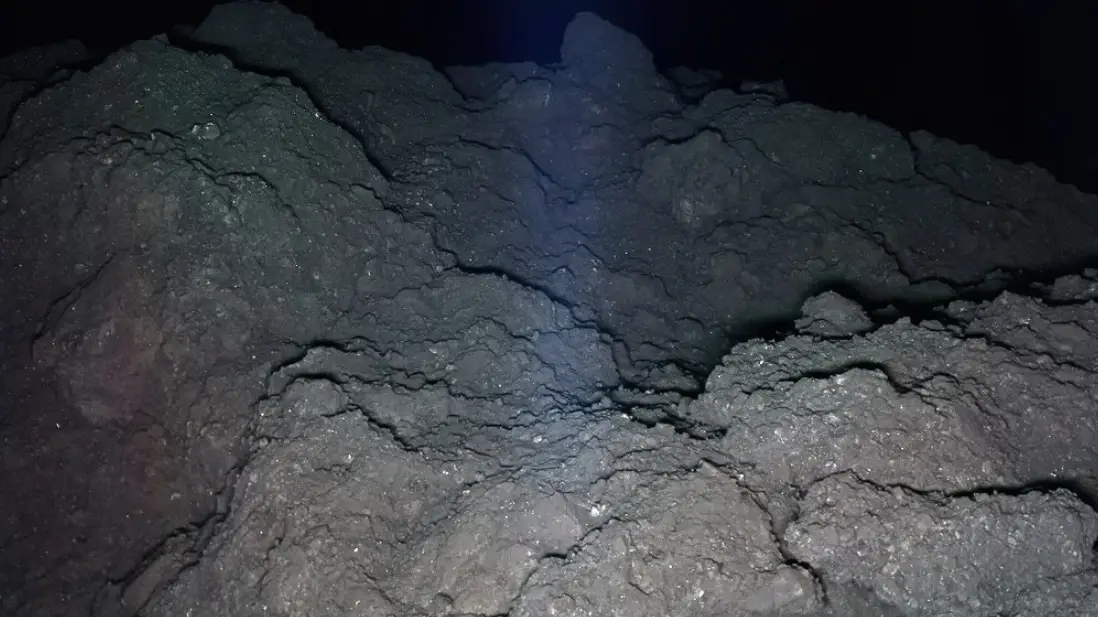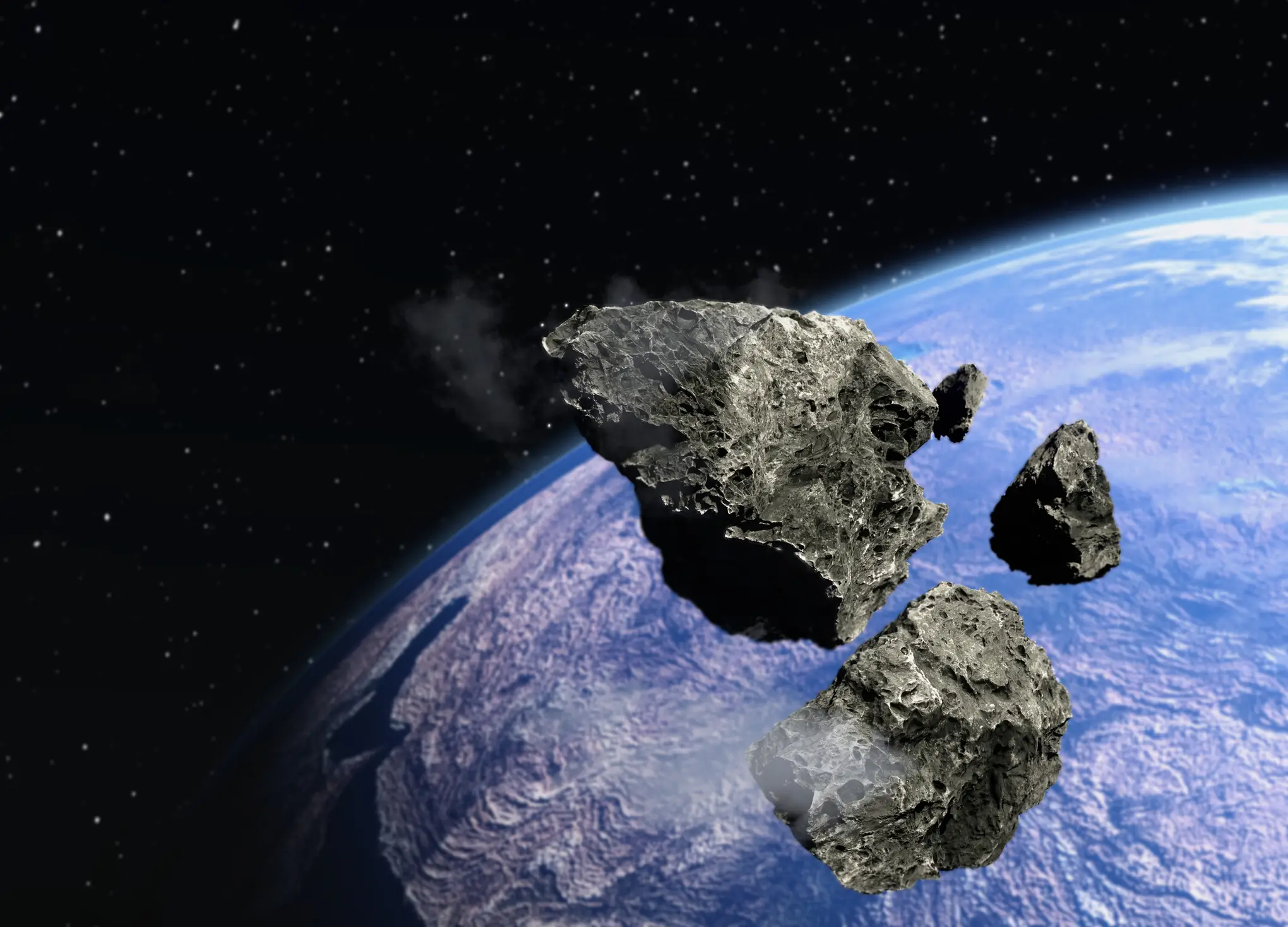
Giant rocks tearing through space at breakneck speed is terrifying at the best of times, but one picture of an asteroid has given many the creeps.
There are an estimated 1.1 to 1.9 million asteroids bobbing about up there in space that stretch to a whopping 1 kilometer in diameter, according to NASA, and that's just the big ones. There are millions of smaller ones too.
Earlier this year, the space boffins warned an asteroid called 2024 YR some tens of thousands of miles away in orbit actually posed a threat to our home planet, with NASA warning the gigantic beast the size of New York's Statue of Liberty could come careering towards us as early as 2032.
Advert
NASA has since said the asteroid no longer poses a significant threat to us (phew!), but many are still afraid of them, and understandably so considering their mammoth size.
Take for instance Donaldjohnson, which formed some 150 millions years ago and measures up to the size of not one but two of New York's Central Parks placed end-to-end.
However, it's one seemingly inconspicuous space rock that is causing the latest stir as a close-up shot is giving many the heebie-jeebies.
The asteroid in question is called Ryugu which boasts one of the 'clearest ever taken' of an asteroid.
The image was taken by Hayabusa-2, a Japanese asteroid sampling mission, which returned samples of the asteroid back to Earth for study in 2020.
An explanation from NASA explained the asteroid's significance, saying: "Asteroid Ryugu, a near-Earth and potentially hazardous asteroid, is classified as a Cb-type asteroid."
They added that it's about 1km across and made of 'water-rich and carbonaceous materials' and said they hoped to learn about the evolution of the solar system by studying it.

And while it's certainly thrilling and fascinating to see the rock so clearly, there's one element to it that's made some feel unsettled - and that is just how dark space actually is.
The closest we come to seeing a total absence of light is perhaps images of the ocean at night, yet space is obviously darker, and therefore way more ominous.
Dozens say they've been left feeling queasy by its inky blackness surrounding the asteroid and shared their thoughts on the ordeal on social media.
One person wrote: "Imagine the last time that thing was as close to another light source," while another said: "Outer space seems less like a star ocean and more like an infinite void."
Another said: "Agree, the complete void of space is so unsettling."
A fourth chimed: "OMG! At first glance I thought this was the bottom of the ocean."
Just imagine being out there, alone, as others pointed out.
"If we're out in that blackness, imagine what else is out there..."
However, some astronauts said they were far from lonely when cruising through the abyss of space.
Michael Collins, who piloted the command module on Apollo 11, became the most isolated human being in the entire universe when he passed around to the dark side of the Moon.
Yet, he said he felt 'awareness, anticipation, satisfaction, confidence, almost exultation' on his trip.
Topics: Space, NASA, Science, World News, Social Media